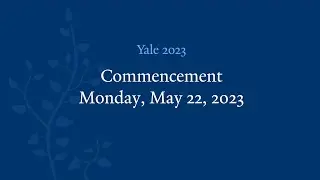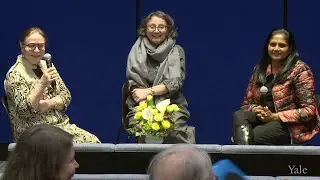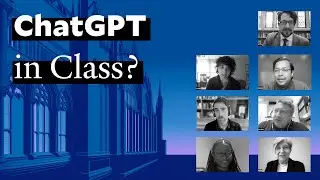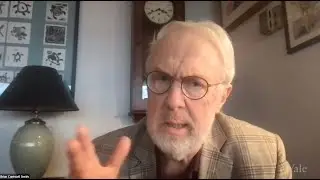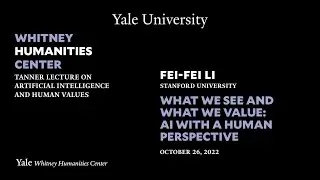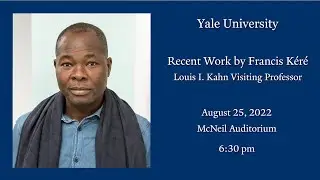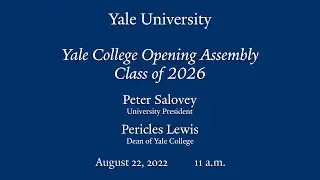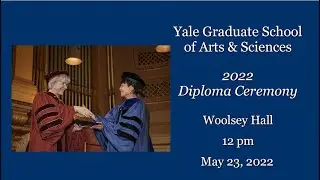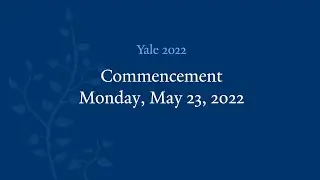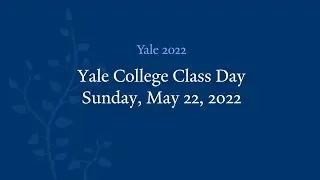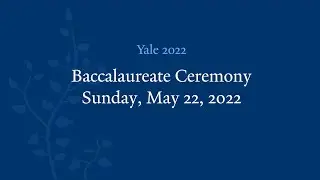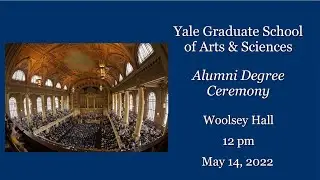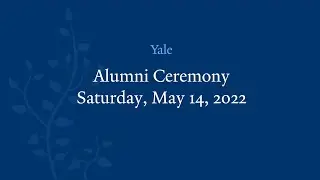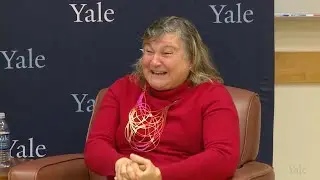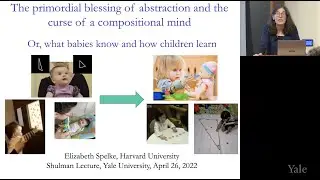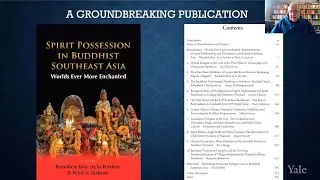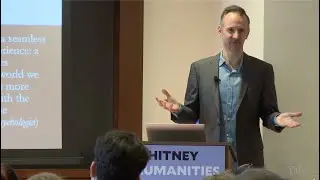The Unimagined Community: Imperialism and Culture in South Vietnam
Nearly half a century after it ended, the Vietnam War continues to be understood, in accordance with the communist-capitalist binary of Cold War doctrines, as a contest between communism and democracy, Marxism and nationalism. Adopting this perspective, historians have condemned the First Republic of Vietnam (1955-1963) as an authoritarian government and a comprador puppet regime, imposing a repressive program of forced relocation against its own population while pretending to be a bastion of liberal democracy. In his talk, Duy Lap Nguyen proposes a fundamental revision to this conventional view of the history. Contrary to its critics, the First Republic was not a reactionary regime, but radical one whose principal aim was to empower the Vietnamese peasantry while isolating the comprador urban elite by initiating a social revolution against the communist insurgency in the countryside. This social revolution, which was directly opposed to the republicanism or bourgeois democracy demanded by the Americans and the urban elite, was also intended as a means of limiting the increasingly imperialistic interference of the US in South Vietnamese affairs. Given the revolutionary aims of the First Republic, Nguyen argues that, in its early stage, the Vietnam War was not a struggle between communism and democracy, but a conflict between two competing forms of anti-colonial socialism. Video includes Professor Nguyen’s talk and an extended Q&A with audience members.









